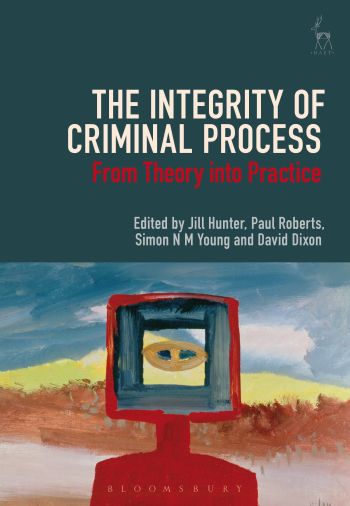
Criminal proceedings, theorists and practitioners would generally agree, ought to be conducted with integrity. But what, exactly, does it mean for criminal process to have, or to lack, "integrity"?
Is integrity in this sense merely an aspirational normative ideal, with possibly diffuse influence on conceptions of professional responsibility? Or is it also a juridical concept with robust institutional purchase and enforceable practical consequences in criminal litigation?
The sixteen new essays contained in this collection, written by prominent legal scholars and criminologists from Australia, Hong Kong, the UK and the USA, engage systematically with - and seek to generate further debate about - the theoretical and practical significance of "integrity" at all stages of the criminal process.
Reflecting the flexibility and scope of a putative "integrity principle", the essays range widely over many of the most hotly contested issues in contemporary criminal justice theory, policy and practice, including: the ethics of police investigations and charging practice; prosecutorial independence, policy and operational decision-making; plea bargaining; the ethical obligations of expert witnesses; victims' rights; criminal procedure and rules of evidence; judicial reasoning; lay participation in criminal adjudication; innocence projects; and state compensation for wrongful convictions.